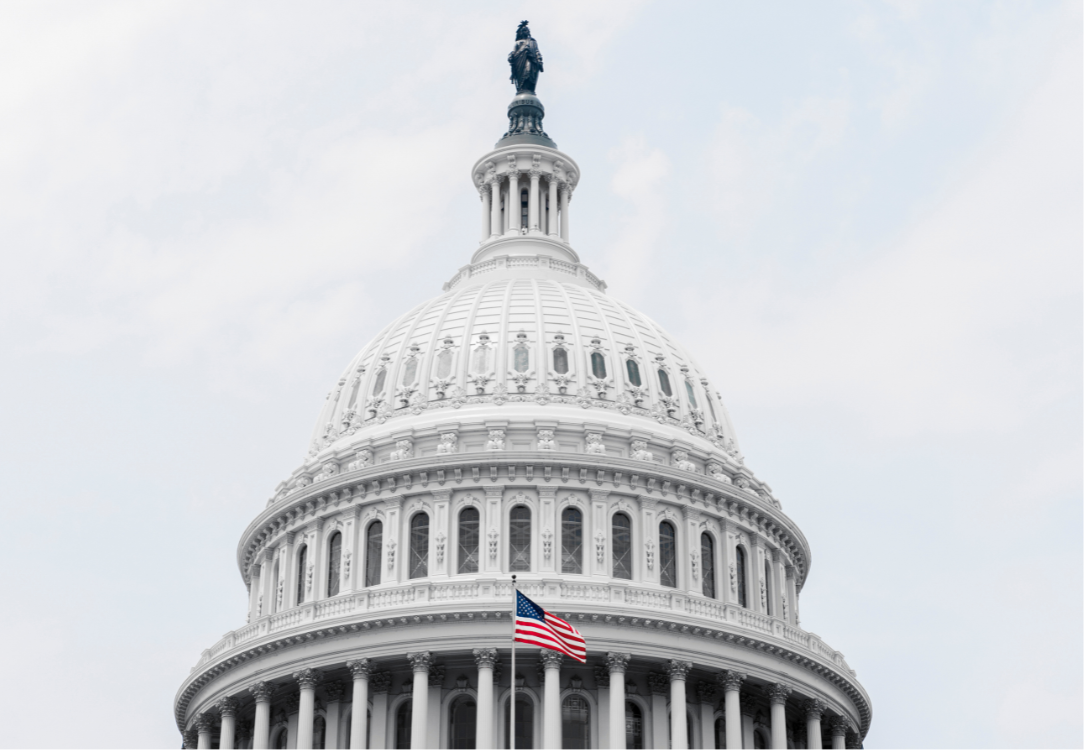On July 1, 2021, the U.S. Departments of Health and Human Services, Labor, and Treasury, along with the Office of Personnel Management (collectively, the Departments), issued an interim final rule (IFR) to explain provisions of the No Surprises Act (the Act) that passed as part of sweeping COVID-19 relief legislation signed in December 2020. The Act and IFR aim to protect consumers from excessive out-of-pocket costs resulting from surprise and balance medical billing. This Advisor provides a high-level summary of the IFR.
Background
Under the Act, group health plans, or health insurance issuers offering group or individual health insurance coverage, that provide or cover any benefits for services in an emergency department of a hospital (including a hospital outpatient department that provides emergency services) or an independent freestanding emergency department (in-network or out-of-network, also referred to as participating and nonparticipating), must cover the emergency services with no pre-authorization and without regard to any other term or condition of such coverage (other than exclusion or coordination of benefits, or an affiliation or waiting period, permitted under the Patient Protection and Affordable Care Act (ACA), and incorporated pursuant to ERISA and the Internal Revenue Code, and other applicable cost-sharing).
If the emergency services are provided by a non-participating provider or non-participating emergency facility, the plan or issuer must cover the emergency services without imposing requirements for prior authorization or any limitation on coverage that is more restrictive than the requirements or limitations that apply to emergency services received from participating providers and participating emergency facilities. Also, a plan may not apply higher cost-sharing than would apply if emergency services were provided by a participating provider or a participating emergency facility. The cost-sharing requirement is calculated as if the total amount that would have been charged for emergency services by the participating provider or participating emergency facility were equal to the recognized amount (the amount specified by state law, or a qualifying payment amount, or an amount determined under an All-Payer Model Agreement entered into by the state) for the services, plan or coverage, and year.
If a nonparticipating provider (e.g., anesthesiologist or physician) renders services at a participating facility or at a nonparticipating emergency facility, the provider may not bill beyond an allowed cost-sharing amount (based on the “recognized amount” set forth in the IFR). Further, within 30 days from when the provider transmits a bill to the plan, it must determine an initial payment amount and directly pay the provider or issue a notice of denial. If the provider disagrees with the plan’s payment, the parties may begin a 30-day open negotiation period. If the parties fail to reach an agreement, the plan or provider has four days to notify the other party and the Secretary of the Department of Health and Human Services (HHS) that they are initiating the Independent Dispute Resolution (IDR) process provided for under the Act.
Download the full Advisor for more on:
- The Interim Final Rule
- Balance billing prohibitions
- ACA patient protections
- Scope and effective date of the Interim Final Rule


